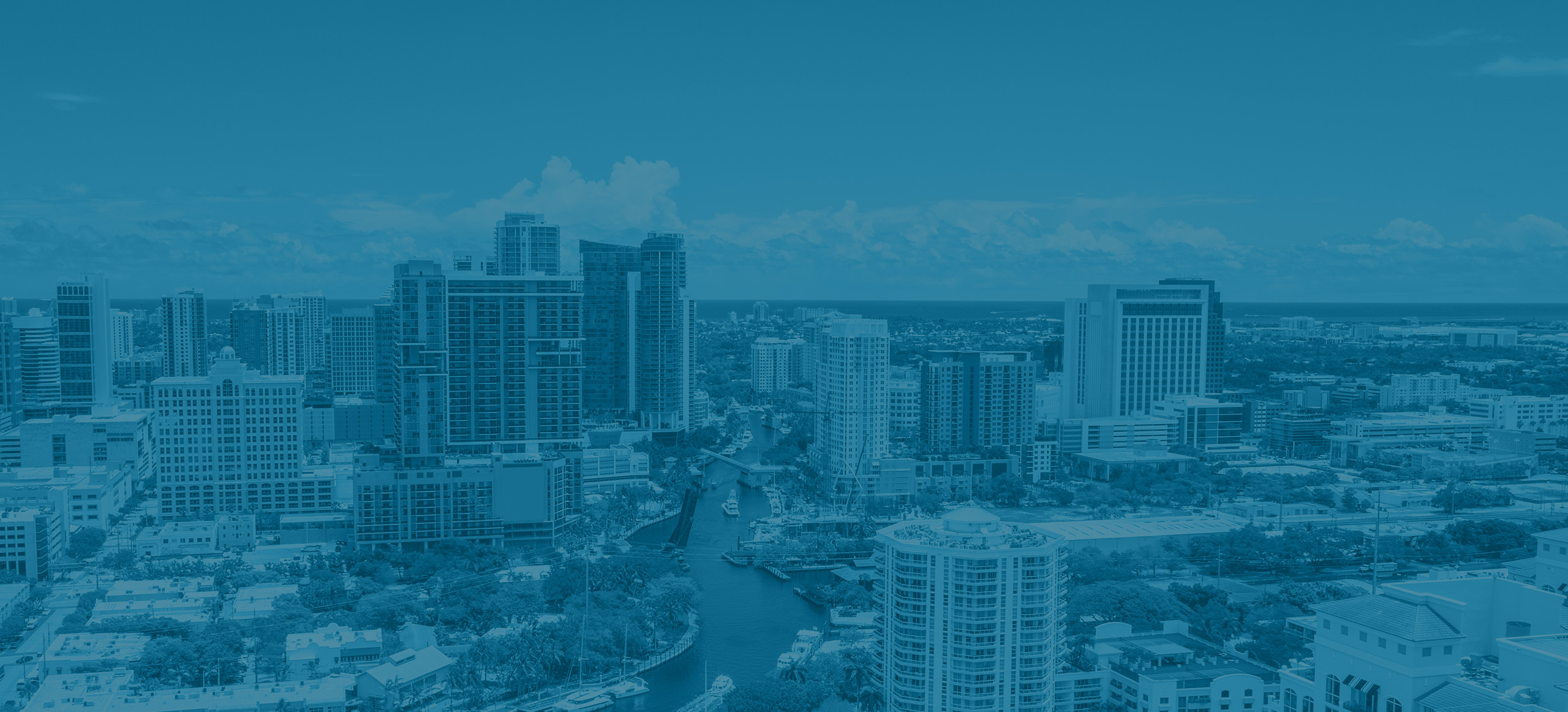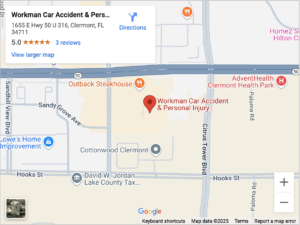
Liability is the legal concept of holding someone civilly responsible for the harm and damages they cause because of negligence, intentional torts, or other wrongful acts. When liability applies in a civil case, the at-fault party is not sentenced to jail.
Instead, they are ordered to pay compensation or damages. Proving liability is required to recover damages in a personal injury case. Understanding Florida’s liability laws for personal injury claims can help you know what to expect and protect your rights.
Personal Injury Claims and Liability

Liability arises when a party’s wrongful act causes someone to sustain injuries and harm. Generally, liability may occur when a party negligently or intentionally causes another party’s accident or injury.
Examples of negligence and intentional tort cases that can result in liability include:
- Slip and fall accidents
- Medical malpractice
- Car accidents
- Pedestrian accidents
- Construction accidents
- Wrongful deaths
- Bicycle accidents
- Assaults and violence
- Truck accidents
- Dog bites and animal attacks
Liability may also arise under product liability laws for injuries caused by defective products. Vicarious liability can hold an employer liable for an employee’s negligence that causes someone’s injury.
Florida’s liability laws give victims the legal right to seek compensation for damages by filing a lawsuit against the responsible parties.
Proving Liability in a Negligence Case
The injured victim has the burden of proving the legal requirements to establish liability for damages. Generally, the requirements you must prove to recover damages in a negligence case include:
- The party you claim to have caused your injuries had a duty of care;
- That party did something to breach the duty of care;
- The breach of duty was the actual (direct) and proximate (legal) cause of your injuries; and,
- You sustained injuries and incurred damages because of the breach of duty.
A common example of a personal injury claim is a car accident. Florida drivers are required to obey traffic laws and have a duty to exercise reasonable care. If a driver runs a red light, a jury may find the driver breached their duty of care. The jury must also find that running the red light was the cause of the crash that resulted in the victim’s injuries.
Proving negligence can be the most complex aspect of a personal injury claim. A Clermont personal injury lawyer is the best person to help you prove your case to recover a fair amount for economic and non-economic damages.
Proving Liability in Other Types of Claims
Some personal injury cases have slightly different legal elements. For example, in strict liability claims, you do not need to prove the person was negligent in causing your injury to prove liability. In vicarious liability cases, the employer may have no direct liability for damages, but they can be held responsible for their employee’s negligence.
Modified Comparative Negligence and Liability in Florida
Florida follows a modified comparative negligence system. Under the modified system, a victim who is more than 50% to blame for causing their injuries cannot recover damages. In other words, the other party is not liable for paying the victim for the harm they sustained.
However, if you are less than 51% at fault, you can receive a portion of your damages. The portion is based on your percentage of blame. If the jury decides you are 22% at fault, the judge will reduce your damages by that percentage.
Contributory fault makes it essential to assess the cause of an accident in a personal injury case.
Statute of Limitations in Florida Liability Claims for Personal Injuries
As of March 23, 2024, Florida shortened the statute of limitations for most negligence-based personal injury cases to two years. Missing this deadline can bar you from pursuing compensation.
While some exceptions may extend or shorten the timeframe—such as the discovery rule or claims against government entities—deadlines vary by case. Speaking with an attorney quickly is the best way to protect your rights.
Need Help With a Personal Injury Case in Clermont, FL?
Given the complex and strict aspects of Florida personal injury laws, consulting an experienced injury attorney early is critical to the success of your claim. For personalized legal advice and assistance navigating Florida liability laws, contact Workman Car Accident & Personal Injury Lawyers or call (352) 773-3866 for a free consultation with a Clermont personal injury lawyer.


